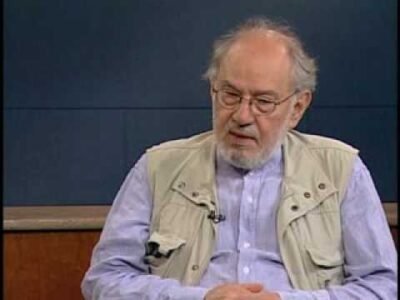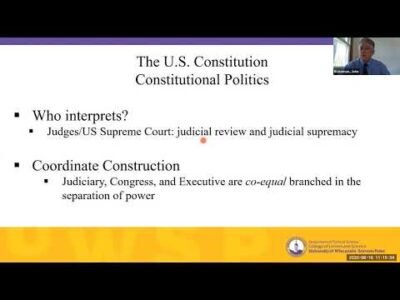[MUSIC] As foundations for nation states, religious nationalism and secular nationalism are often thought of as polar opposites. Those who value secular nationalism often depict religious nationalism as backward, irrational, repressive, and violent. In contrast, secular nationalism is depicted as modern, rational, liberal, and peaceful.
On the other hand, those who value religious nationalism often depict secular nationalism as immoral, individual, and a vestige of colonialism. While religious nationalism is represented as moral, communal and a form of self determination. All of these depictions perpetuate common misunderstandings of both religion and secularism. In reality, religious nationalism and secular nationalism
Are umbrella terms that include incredibly diverse ideologies. Their values can be overlapping or in opposition, depending on social and historical context. For example, in 1923, the Republic of Turkey was formed as a secular state, following the fall of the Ottoman Empire. It’s first president, Kemal Ataturk brought in sweeping reforms that
Replaced Muslim rule and culture, with a particular form of secularism. By the 1970s, Turkey was the most secular of all Muslim majority countries. But rampant inequality and the perception of government corruption gave rise to Islamic parties that gained enough power by 1996 to form a coalition government. In response,
Secular officials imposed a public ban on a symbol of Islam, the head scarf. Women who wore the hijab were no longer allowed to study at the university. And a democratically elected member of parliament named Merve Kavakci, representing the Islamic Virtue Party, was prevented
From taking the oath of office by her fellow secular National Assembly members. When she entered the parliament, they stood and yelled out for 30 minutes until she was forced to leave. Two weeks later, she was stripped of her Turkish citizenship. These and related restrictions emboldened members of Islamic political parties.
And the current president, Recep Erdogan, is an Islamist who has held power since 2003. In another example, the United States is a secular nation but its currency is imprinted with, In God We Trust. The pledge of allegiance includes the phrase, one nation under God.
And 42 of the 45 US presidents identified as Protestant Christians. India is also a secular nation but over the past few decades, democratically elected Hindu nationalists have gained power. They enacted reforms in education and culture that promote particular forms of Hinduism that many other Hindus and
Members of other religious and secular communities find troubling. Like all world views, religious and secular forms of nationalism can only be understood in their particular social and historical context. Understanding their rich diversities will enhance our understanding of movements on local, national and international levels.
#Religious #secular #nationalism







No comment yet, add your voice below!